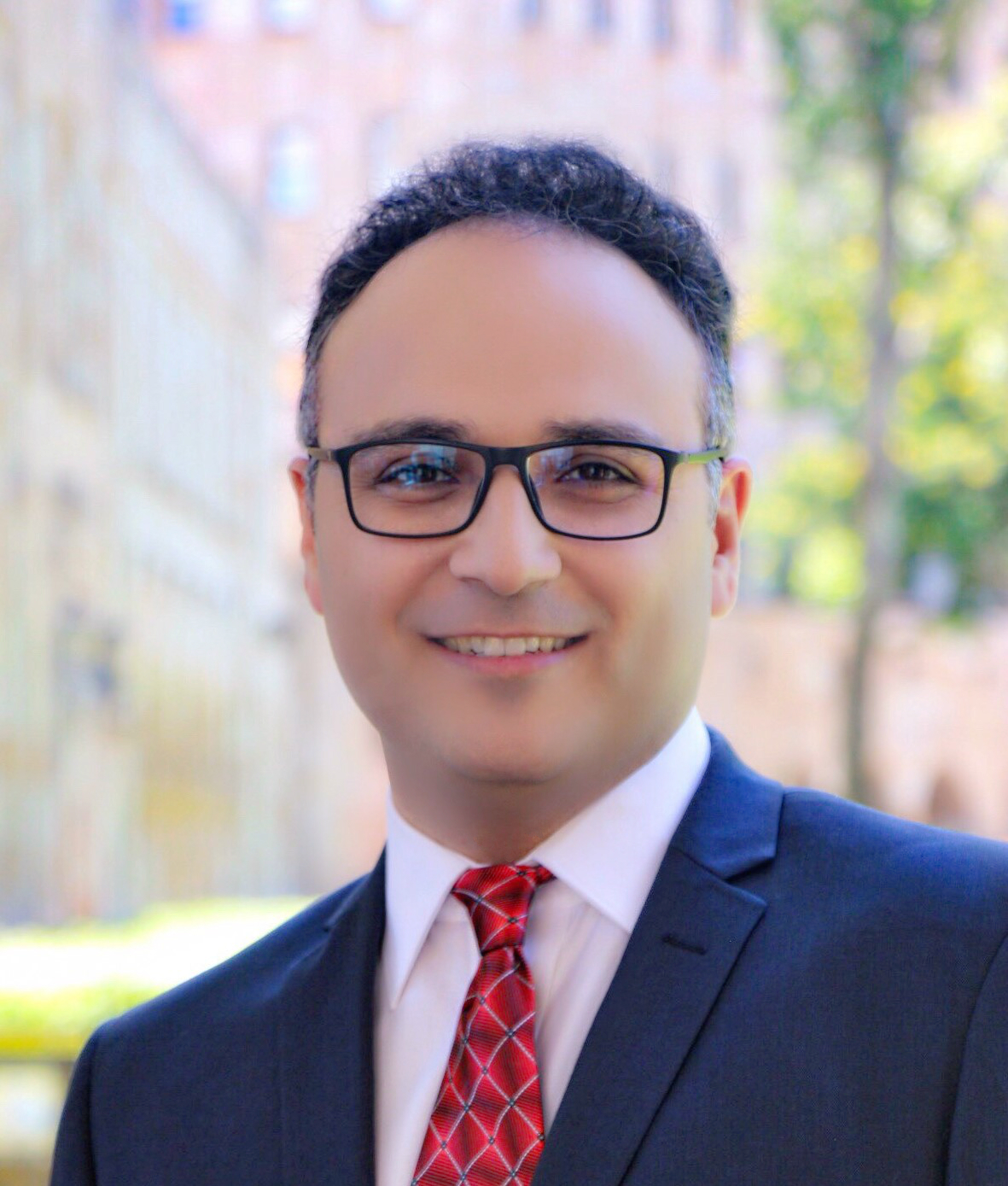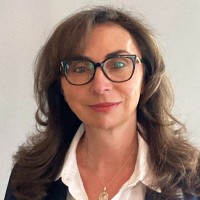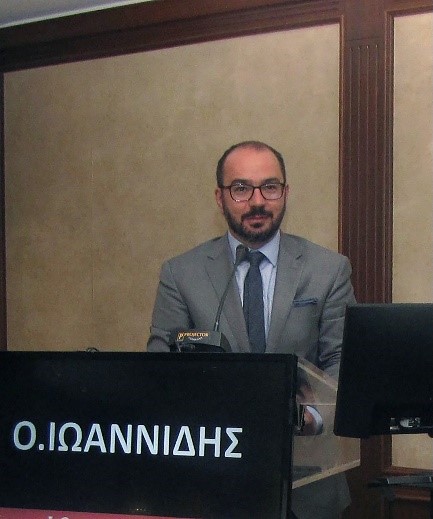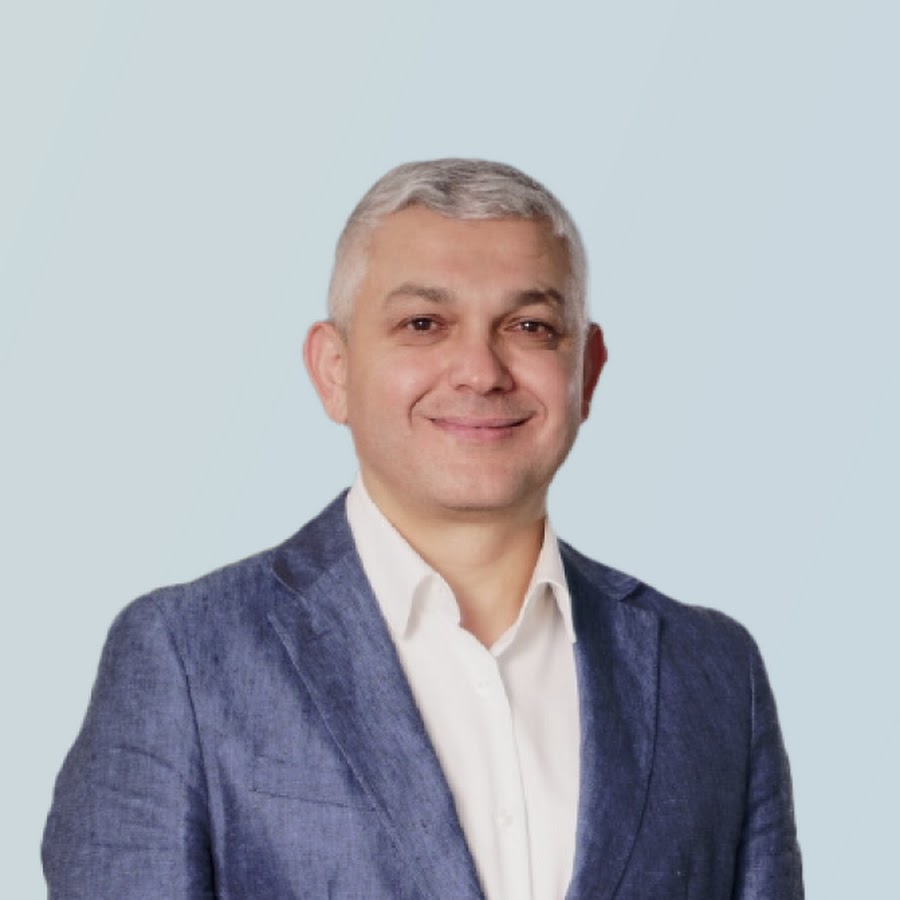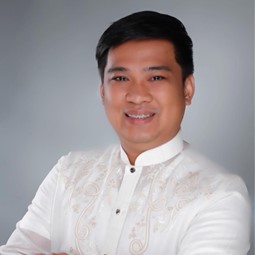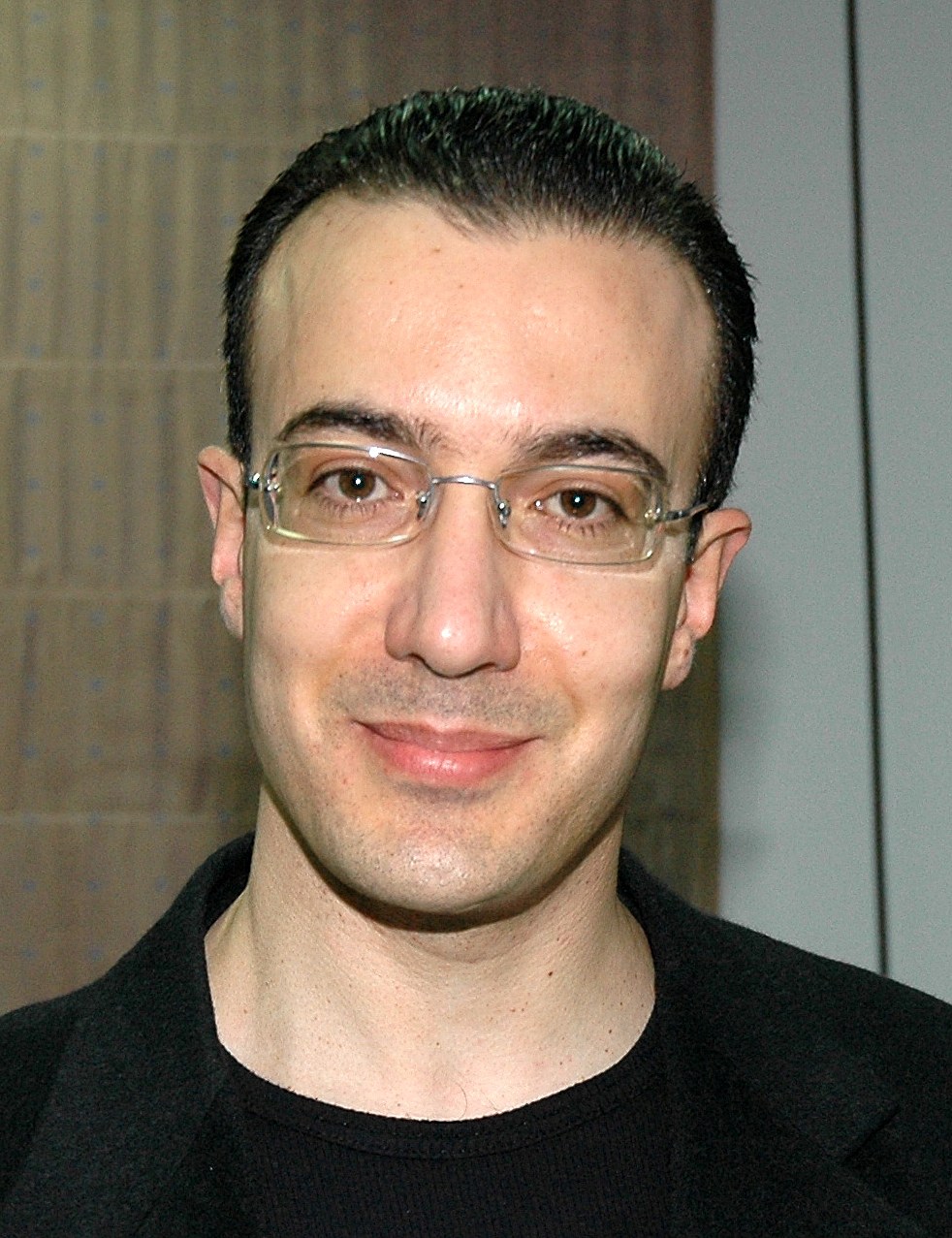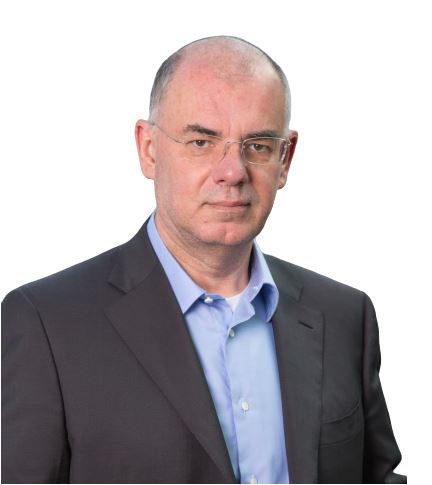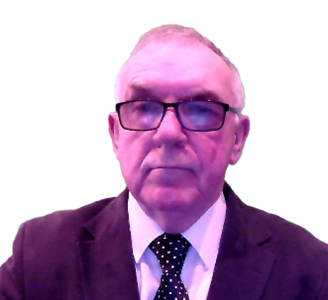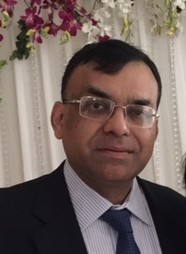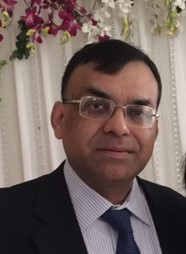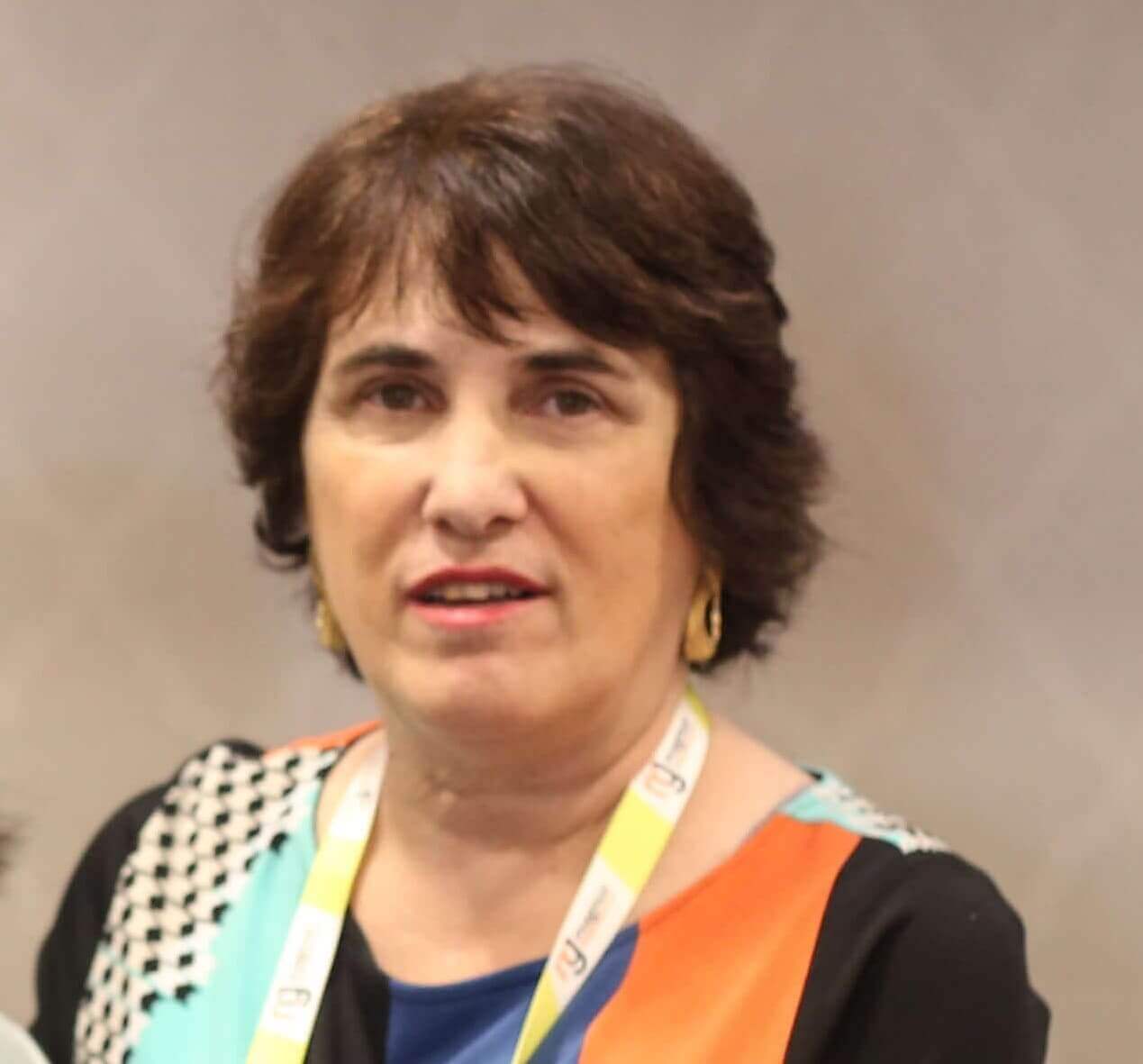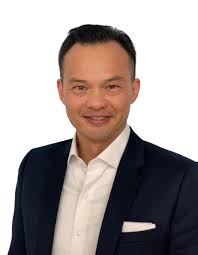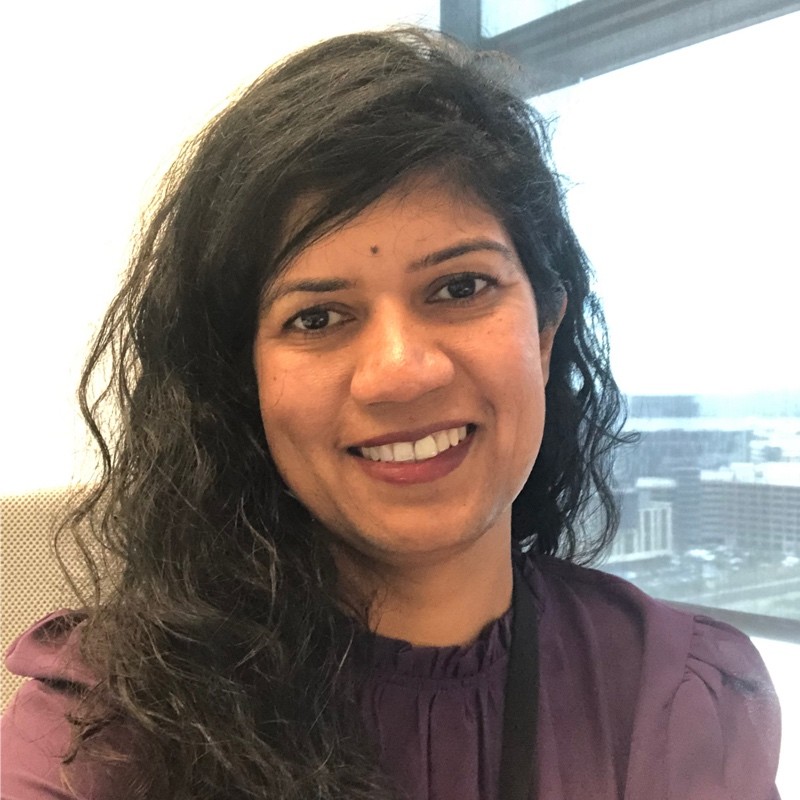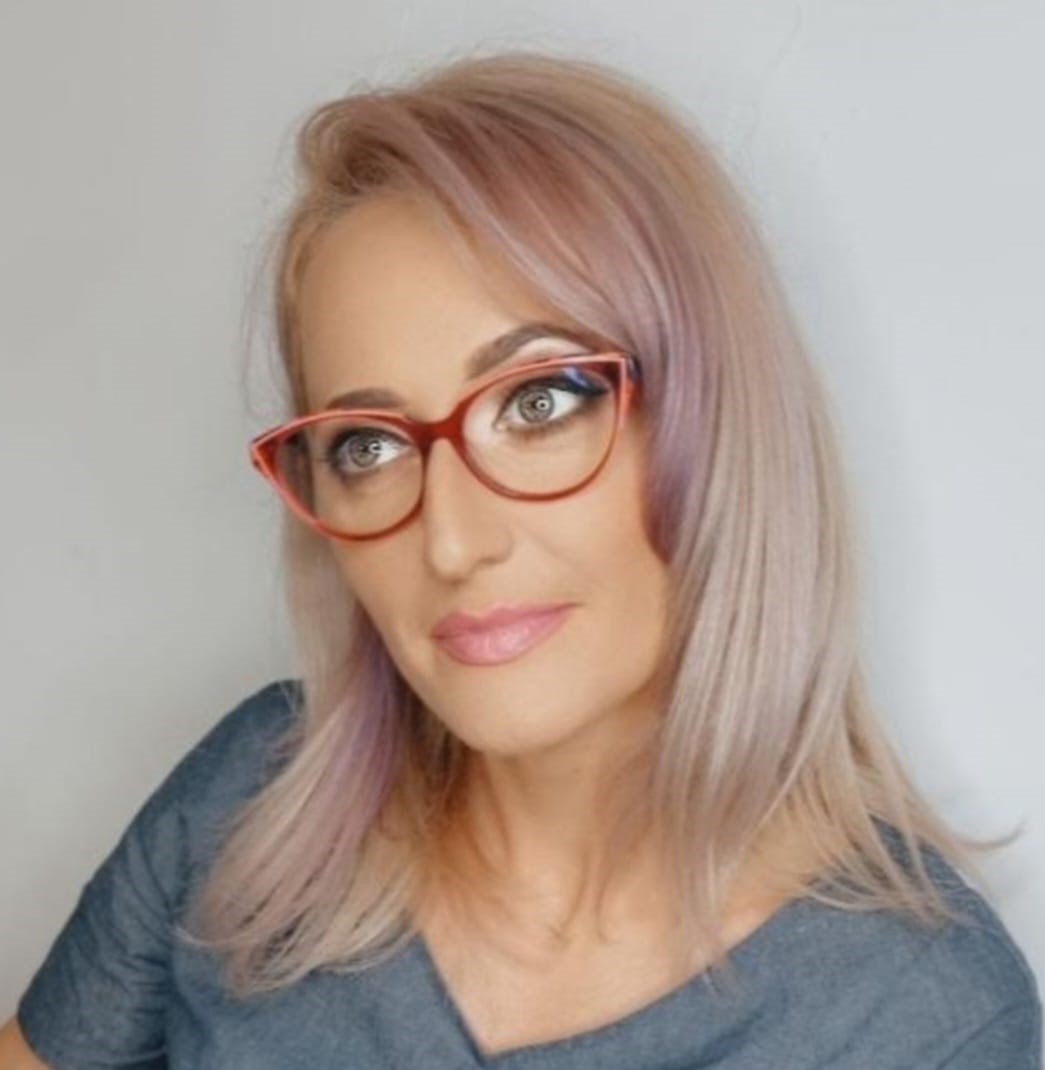Biography:
Prof. Ali Soofastaei is a seasoned expert in artificial intelligence and data analytics, with a rich background in transforming industries through innovative technological solutions. Currently the CEO of Innovative AI and an academic editor for "Advanced Analytics for Industry 4.0," Ali has over a decade of experience in applying AI-driven methodologies to optimize processes and enhance decision-making in fields such as mining, manufacturing, and healthcare. His recent projects include pioneering work on digital twins, predictive analytics, and decarbonization in industrial settings. With a passion for data-driven storytelling, Ali is an advocate for the sustainable and ethical use of AI in critical industries, particularly in healthcare, where he focuses on personalized care and operational efficiency. A thought leader in his field, Ali is also an active keynote speaker at international conferences, where he shares insights on the intersection of AI, biosciences, and sustainability.
Abstract:
The healthcare industry stands at a pivotal juncture where artificial intelligence (AI) and data analytics are transforming every facet of patient care, from diagnostics to treatment and beyond. This presentation will explore the profound role of AI-driven predictive analytics in shaping a more sustainable and patient-centered healthcare system. By integrating vast amounts of real-time patient data with advanced machine learning models, predictive analytics enables healthcare providers to identify patterns, anticipate patient needs, and personalize treatments with unprecedented accuracy. This talk will highlight the critical applications of AI in early disease detection, population health management, and personalized treatment planning. Key examples will illustrate how predictive models are being used to monitor chronic diseases, prevent adverse health events, and streamline clinical workflows, thus ensuring that healthcare resources are allocated efficiently and patient outcomes are optimized. The session will also address the unique challenges of implementing AI in healthcare, including data privacy, ethical concerns, and integration with existing healthcare infrastructure. Additionally, it will emphasize the importance of sustainable AI practices, focusing on reducing the carbon footprint of AI models and advocating for energy-efficient algorithms. By discussing the intersection of AI technology with bioscience advancements, this presentation aims to provide attendees with actionable insights into leveraging predictive analytics to create a more resilient, accessible, and sustainable healthcare ecosystem. Attendees will leave equipped with a deeper understanding of how AI can empower healthcare providers and policymakers to create a future where medical care is not only innovative but also equitable and sustainable.
